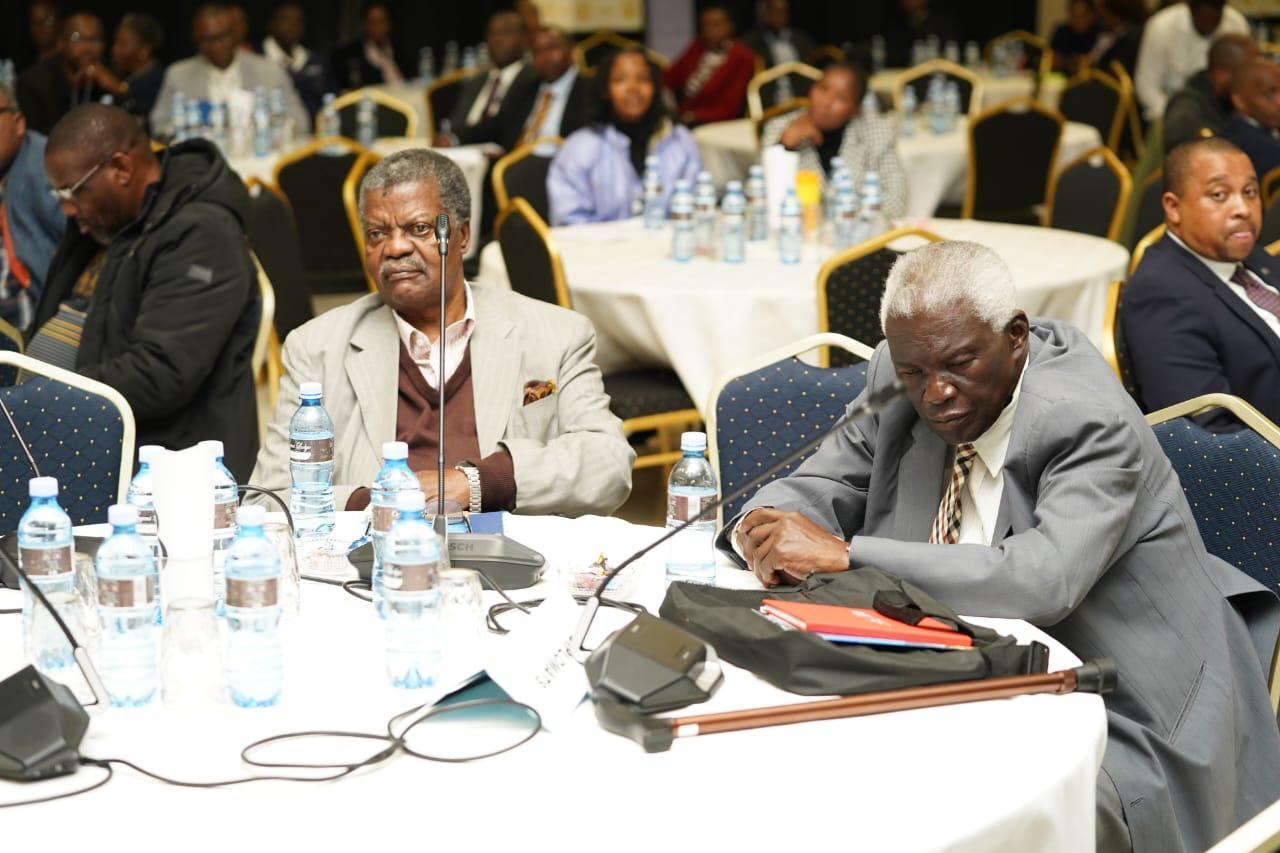Africa-Press – Eswatini. With the buzz still in the air and delegates leaning in for every word, Day Three of the Eswatini Local Government Conference delivered yet another powerhouse of insights, critique, and cultural clarity before the much-anticipated closing remarks by Acting Prime Minister Thulisile Dladla.
In a packed Esangweni Hall, Elections and Boundaries Commission (EBC) Commissioner Rejoice Ndzinisa set the tone with a crystal-clear breakdown of Eswatini’s electoral landscape.
She reminded delegates that behind every ballot is a system governed by principles, shaped by law, and built for democracy.
“Eswatini uses the First-Past-The-Post system, and our role as the Commission is to ensure transparency, fairness, and public confidence in that process,” Ndzinisa said.
She walked delegates through the full electoral cycle, from civic education to voter registration, primary and secondary elections, and even the Constitution-mandated review of Tinkhundla boundaries.
But the moment wasn’t just about systems. The Q&A session that followed became a groundswell of people-driven demands. FODSWA President Bongani Makama pleaded for inclusion of persons with disabilities in national elections, calling for increased campaign support and greater accessibility.
“We feel sidelined,” Makama said. “Let us not just be visible on paper, empower us to participate.”
Others echoed the sentiment, calling for public campaign funding and even suggesting a national conference on electoral systems hosted by the Ministry of Justice.
“The people want to understand, and be heard,” one delegate noted, met with nods across the hall.
With energy still high, Professor Ndangwa Noyoo of South Africa took the stage and brought the house back to the roots. His presentation, Indigenous Governance in Africa: The Tinkhundla System in Eswatini, struck a powerful chord.
“The Tinkhundla system is more than tradition,” he said. “It is a political technology crafted by the people, for the people.”
Professor Noyoo praised Eswatini’s model for promoting local governance through decentralisation, even as he acknowledged its need for structural refinement.
“When we empower communities and honour indigenous governance, we don’t look backwards, we build forward,” he told delegates, drawing comparisons with Agenda 2063 and the post-colonial struggles of many African nations.
As the audience digested the thought-provoking address, Ambassador Dr Mathendele Dlamini stood up and summed it up with respect. “We’ve learned a lot today,” he said, extending gratitude to the speakers and the youth in attendance.
Adding a cultural rhythm to the atmosphere, traditional performances from local artists warmed the room before Minister of Housing and Urban Development Appolo Maphalala stepped forward to tee up the final remarks.
Outside the venue, anticipation swirled like wind through the jacarandas. Delegates, traditional leaders, MPs, and youth leaders waited patiently for the grand finale, the closing keynote by Acting Prime Minister Senator Thulisile Dladla, expected to put a ribbon on what has been a landmark three-day dialogue on Eswatini’s governance future.
As the curtains prepare to fall on this transformative gathering, one thing is clear: the people have spoken, the system has listened, and Eswatini is charting a bold new path, one rooted in tradition, powered by youth, and sharpened by reform.
For More News And Analysis About Eswatini Follow Africa-Press







